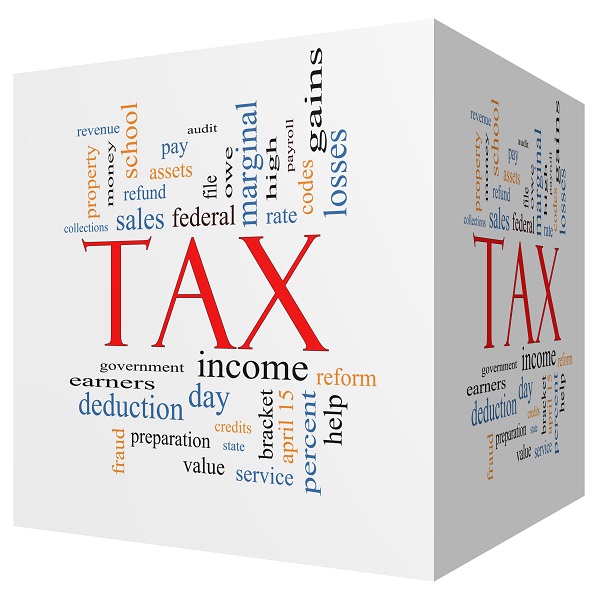CLE Presentation by Shamsey Oloko
AN ANALYSIS OF THE TAX CUTS AND JOBS ACT
January 2018
AN ANALYSIS OF THE TAX CUTS AND JOBS ACT
On December 22, 2017, after much, well-publicized legislative skirmishes, President Donald Trump signed into law H.R. 1, otherwise known as the “Tax Cuts and Jobs Act.” Provisions affecting individuals are generally effective beginning December 31, 2017 and expire on December 31, 2025. Most business-related provisions are permanent and are effective beginning December 31, 2017.
This new law is, by all accounts, the most significant revisions to the U.S. tax code since 1986, affecting almost all individual and business taxpayers. Our firm’s general assessment of the new law will therefore be a two-part series: this first part covers changes to individual taxpayers, and the second part will cover changes to business taxpayers.
Seven Deadly Tax Sins
7 Deadly Tax Sins
When it comes to the IRS, some bad acts are worse than others. We have compiled below the top ones to avoid at all costs. However, if you should find yourself in the middle of one, you should certainly call tax attorneys to get you out of the bad situation (yes, it is a bad situation).
Can You Claim Your Child As A Dependent On Your Tax Return?
If you support children, relatives, or even non-relatives, you may be able to claim them as dependents on your tax return. Specifically, if someone qualifies as a dependent, you may claim them on your tax return unless you or your spouse qualifies as a dependent for another individual. It is important to remember that if someone else may claim you (or your spouse, if filing jointly) as a dependent, whether or not they actually claim you, then you may not claim any dependents nor take any tax exemptions, even for yourself.

